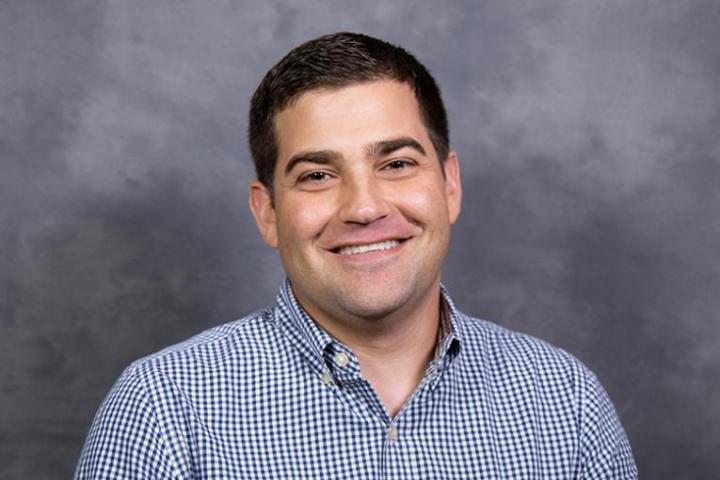
Panel on Immigration Provides Research-Based Critical Analysis
Cornell experts and practitioners in the field of immigration presented “Immigration: A Critical and Informed Analysis” on April 16.
The panel featured an interdisciplinary group of scholars discussing the racialized history of immigration in the United States, the contemporary role of immigration status in driving inequality, and the devastating role of war in displacing migrants.
“Every single day Cornell has events that reflect our excellence in research and praxis, and this event was like all others,” said Professor Shannon Gleeson, who organized and moderated the panel.
“But it was distinct from other events that would focus on defaming and insulting migrants and racial minorities rather than on the complex issues driving displacement and migration and the very real debates over how to best accompany our fellow human beings on this journey."
María Cristina García, the H. A. Newman Professor of American Studies in the Department of History and Director of the Latino Studies program, opened the event with a talk entitled, “Immigration Myths: Are Today’s Immigrants All that Different from Your Immigrant Ancestors?”
Through examples, Garcia showed the crowd of 50 the long history of vilifying immigrants and considering them threats to the nation. She also challenged the myths that all 19th-century immigrants came to the US to stay, entered “legally,” became citizens easily, and assimilated quickly, as well as the falsehood that there is a “mythical line” where one can wait patiently to receive a visa to come to the United States.
Matt Hall, professor of Public Policy and Sociology and Director of the Cornell Population Center, presented “(Un)authorized Precarity: How Immigration Status Drives Inequality.”
Saida Hodžić, associate professor of Anthropology and Feminist, Gender and Sexuality Studies, addressed the displacement of war, the hypocrisy and limitations of human rights narratives, and the need for receiving countries to be honest about their role in creating the displacement that sends migrants to their shores in “War, Displacement, and the Death of Human Rights.”
Members of the Cornell Immigration Law & Advocacy Clinic, run by Professor Jaclyn Kelley-Widmer, were on hand to present “The Racialized Injustices Facing Immigrant Defense.” The clinic plays an important role in training future legal practitioners and supporting a thoroughly underfunded landscape for immigration legal needs in upstate N.Y. and on the Cornell campus.
Finally, Emina Bužinkić, a postdoctoral researcher at the Institute for Development and International Relations in Zagreb, Croatia, presented “Countering Politics of Death & Erasure: People's Tribunal & Migrant Justice.”
“There were several big takeaways from the event,” said Gleeson, the Edmund Ezra Day Professor at the ILR School. “Mostly, when we think of the critical issue of immigration, we need to keep our focus historically grounded, structurally framed, globally contextualized and action-oriented.”
The event was co-sponsored by the Cornell Population Center, the ILR School, and the Cornell Law School Chapter, National Lawyers’ Guild.

